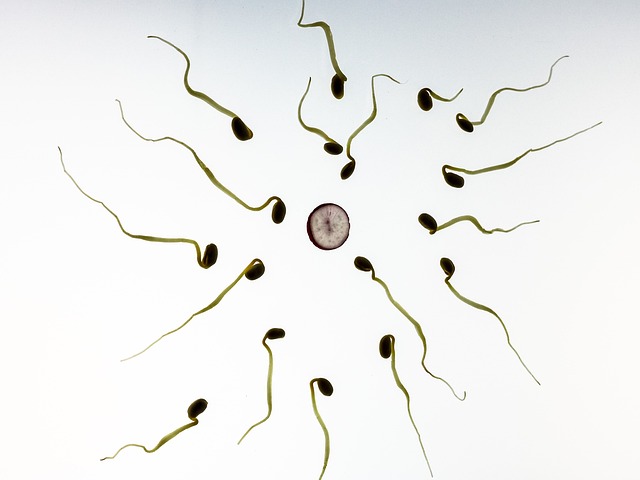Sperm quality plays a pivotal role in the complex process of conception and fertility. Understanding the factors that influence sperm health is essential for individuals and couples navigating the journey toward parenthood.
1. The Basics of Sperm Quality:
- Sperm Count: The number of sperm in a semen sample is a fundamental factor. A healthy sperm count typically ranges from 15 million to 200 million sperm per milliliter. Low sperm count can reduce the chances of successful fertilization.
- Sperm Motility: The ability of sperm to move efficiently is crucial for reaching and penetrating the egg. Motility is assessed by the percentage of actively moving sperm in a sample. Higher motility increases the likelihood of sperm reaching the egg.
- Sperm Morphology: Sperm shape and structure are evaluated to determine if they are normal or have abnormalities. Abnormalities can affect the sperm’s ability to fertilize an egg.
2. Lifestyle Factors Impacting Sperm Quality:
- Diet and Nutrition: A balanced and nutritious diet is essential for overall health, including reproductive health. Nutrients like zinc, folic acid, and antioxidants contribute to optimal sperm production.
- Smoking and Alcohol: Smoking and excessive alcohol consumption can negatively impact sperm quality. They may lead to reduced sperm count, motility, and morphology.
- Physical Activity: Regular, moderate exercise has been associated with improved sperm quality. However, excessive or intense exercise may have the opposite effect, so maintaining a balanced approach is crucial.
- Stress Management: Chronic stress can affect hormone levels and sperm production. Stress reduction techniques such as meditation and relaxation exercises may positively impact fertility.
3. Environmental Factors:
- Chemical Exposures: Exposure to certain chemicals, pesticides, and toxins in the environment or workplace can harm sperm quality. Protective measures and awareness of potential hazards are essential.
- Heat Exposure: Prolonged exposure of the testicles to high temperatures, such as in hot tubs or saunas, can temporarily reduce sperm production. Wearing loose-fitting underwear and avoiding excessive heat can help maintain optimal sperm health.
4. Medical Conditions and Sperm Quality:
- Varicocele: A varicocele is a swelling of the veins that drain the testicle. It is a common cause of reduced sperm quality but can often be surgically corrected.
- Infections: Certain infections, such as sexually transmitted infections (STIs), can impact fertility. Prompt treatment of infections is crucial to prevent long-term damage.
- Hormonal Imbalances: Hormonal imbalances, including low testosterone levels, can affect sperm production. Medical evaluation and treatment may be necessary to address hormonal issues.
5. Seeking Professional Help:
- Fertility Specialists: If couples experience difficulty conceiving, consulting a fertility specialist is recommended. Comprehensive fertility testing, including semen analysis, can help identify potential issues and guide appropriate interventions.
- Assisted Reproductive Technologies (ART): In cases of severe male factor infertility, ART procedures such as in vitro fertilization (IVF) with intracytoplasmic sperm injection (ICSI) may be considered.
Understanding and addressing factors that influence sperm quality are crucial steps toward optimizing fertility. Lifestyle modifications, a healthy diet, and timely medical interventions can contribute to improved sperm health and increase the likelihood of successful conception. Couples facing fertility challenges should approach the journey with patience, open communication, and professional guidance.




